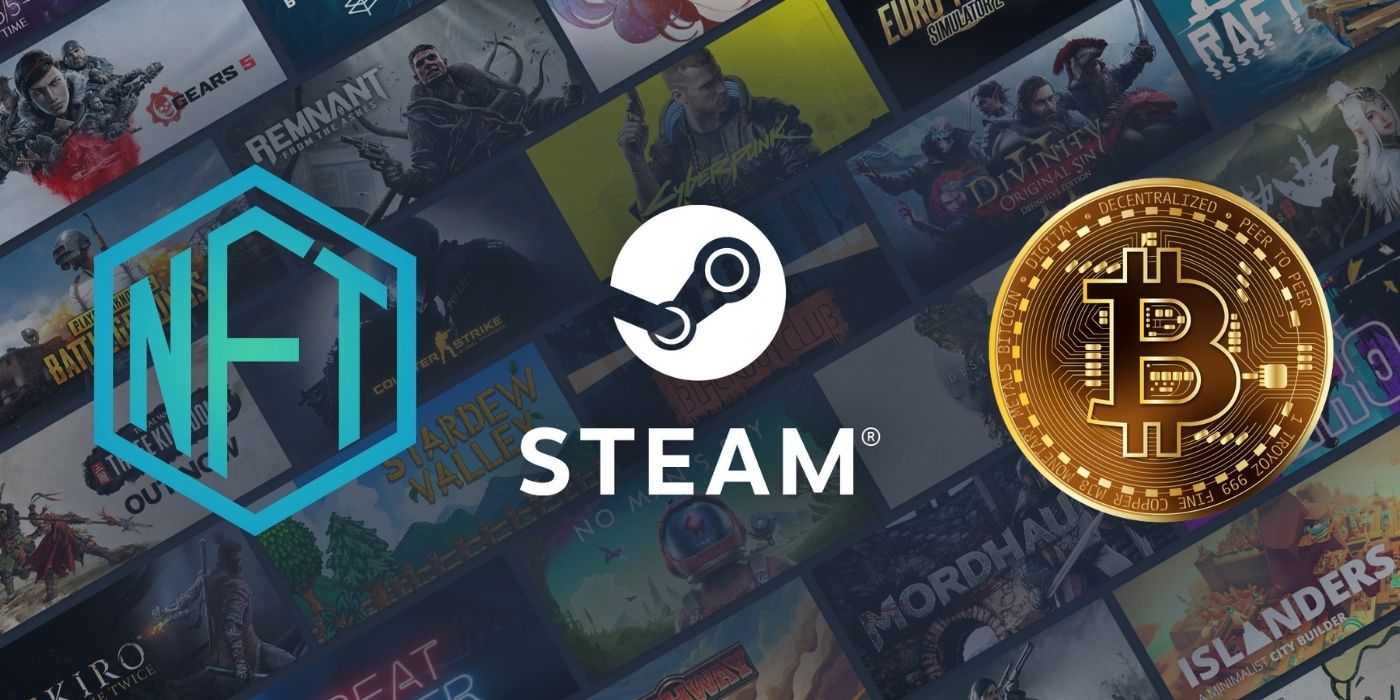
Steam is banning games that are built on blockchain technology or that allow the exchange of cryptocurrency and NFTs, establishing another hurdle for the world of blockchain games. Playable NFT video games are growing in popularity and a few have stuck out in the crowd, gaining considerable financial and commercial support. One company in particular, Mythical Games, announced a $75 million partnership in June, which will help it produce several NFT video games. One of its more popular titles, Blankos Block Party, is an open-world free-to-play game that is built on blockchain technology and uses vinyl figurine NFTs as playable characters. Players purchase new Blankos with cryptocurrency and can sell their collection on the marketplace for actual money.
NFTs or non-fungible tokens have previously garnered negative press. Much of the criticism stems from the environmental impact that NFTs can have, based on its Proof of Work crypto mining. What has attracted many people to NFTs despite this is the fact that there is proof of ownership tied to the NFT. Thus, unlike other virtual items, like many in-game skins or outfits, NFTs hold a particular value and can be collected or sold on an evolving marketplace, much like physical collectibles like trading cards. In spite of evidence that NFT video games are bad for the environment, many have chosen to get involved in the controversial new economy. Their efforts to do so in the video game market have now been hindered considerably by Steam.
As revealed by the Age of Rust Twitter account (via NME), Steam has officially removed games on its platform that use blockchain technology or allow the exchange of cryptocurrencies or NFTs. The game’s developer explained that despite having been upfront with Steam regarding the fact that Age of Rust is a blockchain game, the title is still being removed, as the publisher has decided to do away with all such games on its platform. Steam recently made changes to its Rules and Guidelines, indicating that it will no longer sell any applications built on blockchain technology. According to the Age of Rust Twitter, “Steam’s point of view is that items have value and they don’t allow items that can have real-world value on their platform.”
This is a considerable setback for blockchain games or any developer looking to create titles incorporating NFTs or cryptocurrencies. Age of Rust’s developer is looking for alternative modes of publishing and will continue to look for a place in the market. However, it’s unclear what effect Steam’s decision will have on other blockchain games that were housed on its platform.
It’s certainly possible that these games will follow the path of big NFT games like Axie Infinity, which is distributed to players directly through its website. Steam does offer many tools to help cultivate developers and market products, so without that level of backing, it’s likely many blockchain games or games using NFTs and cryptocurrencies will struggle to find footing in the market.
Source: Age of Rust/Twitter, NME
from ScreenRant - Feed https://ift.tt/3vePCZA https://ift.tt/3peUug2
from TechCrunch https://ift.tt/3jqCvQr
via IFTTT
Comments
Post a Comment